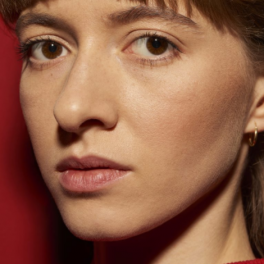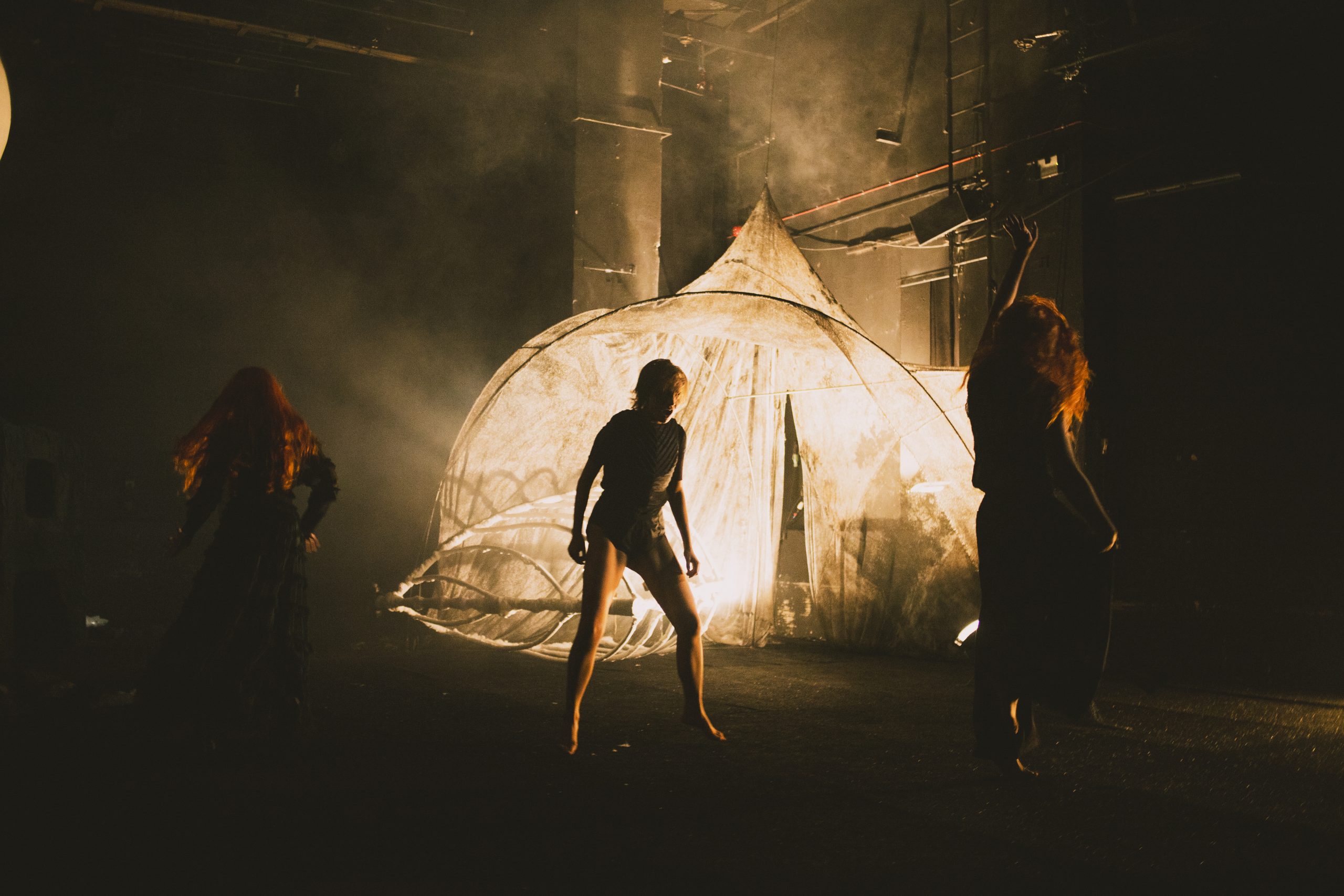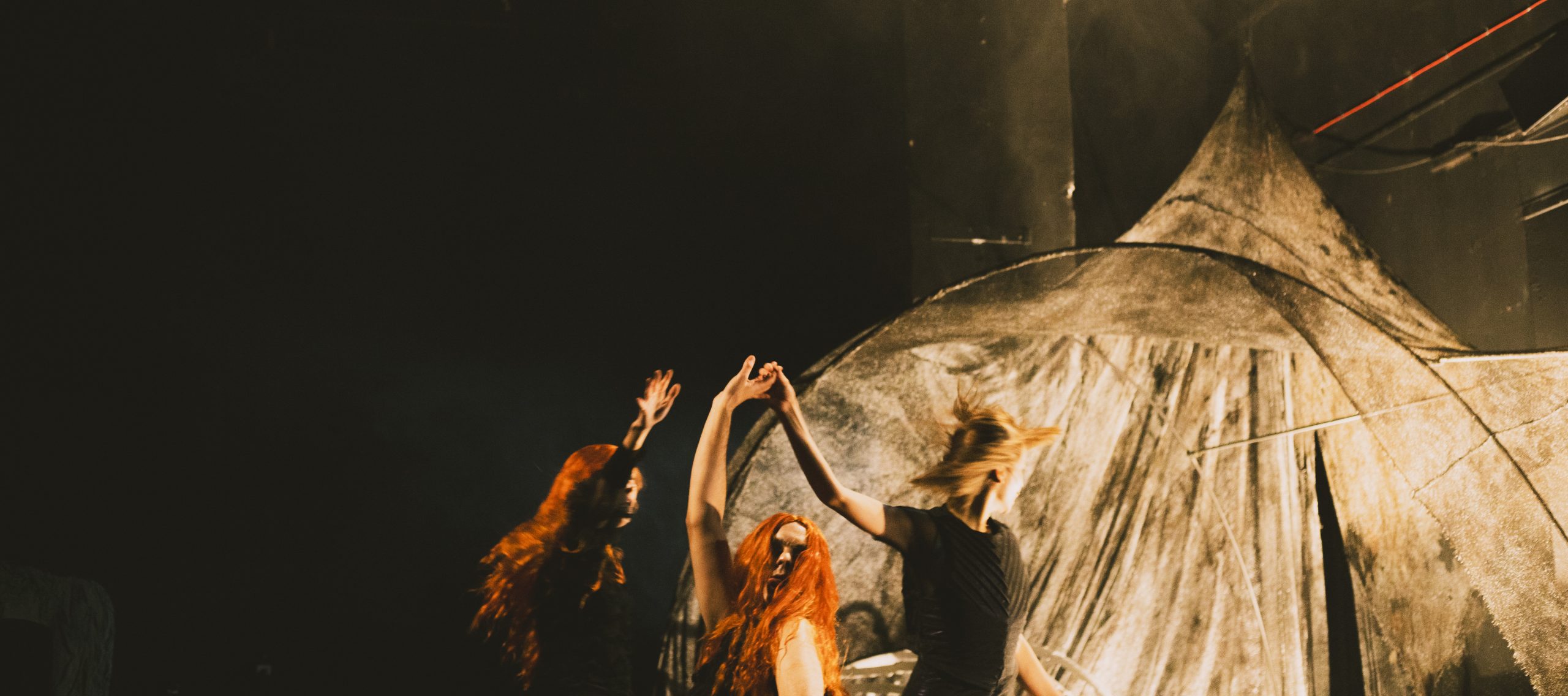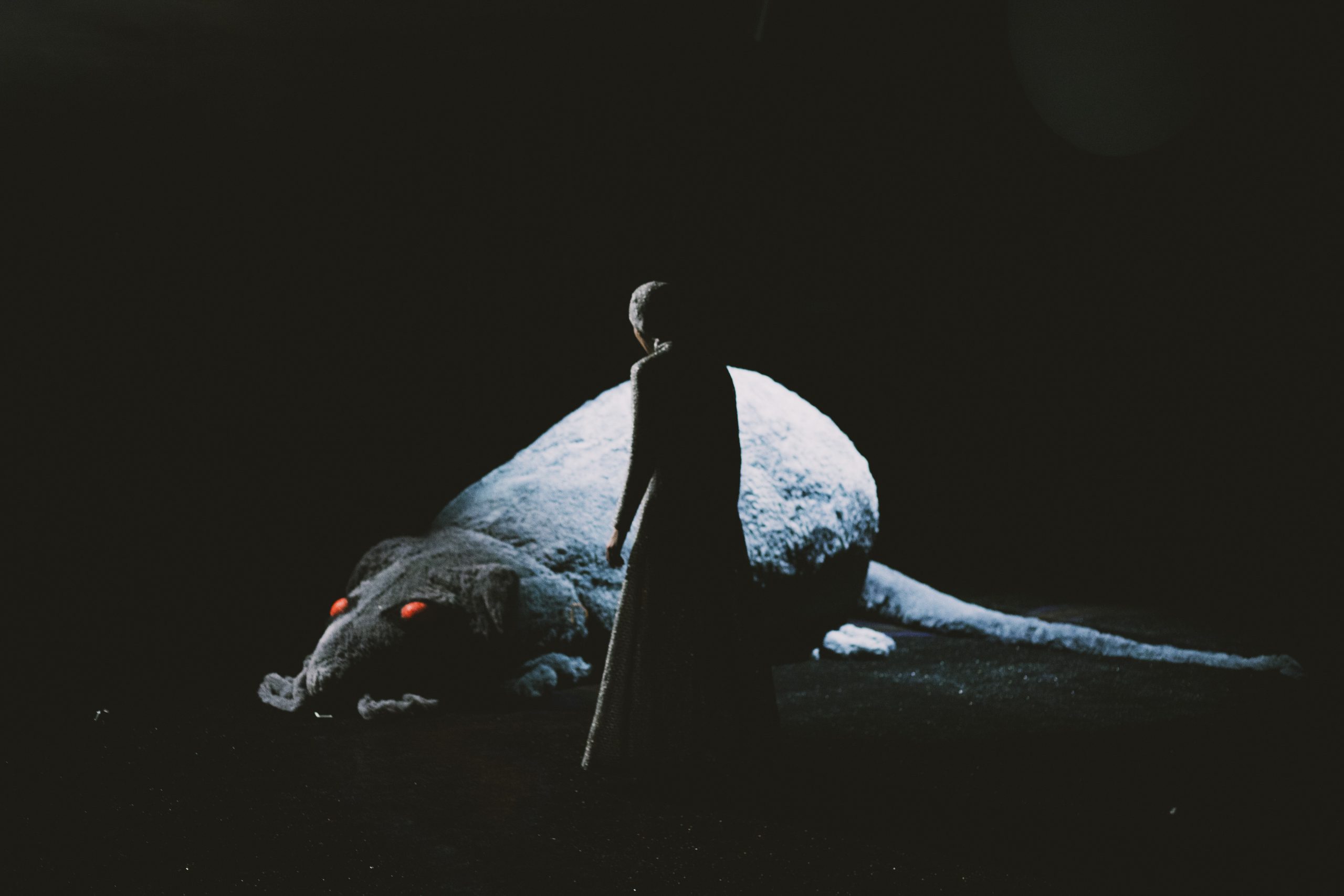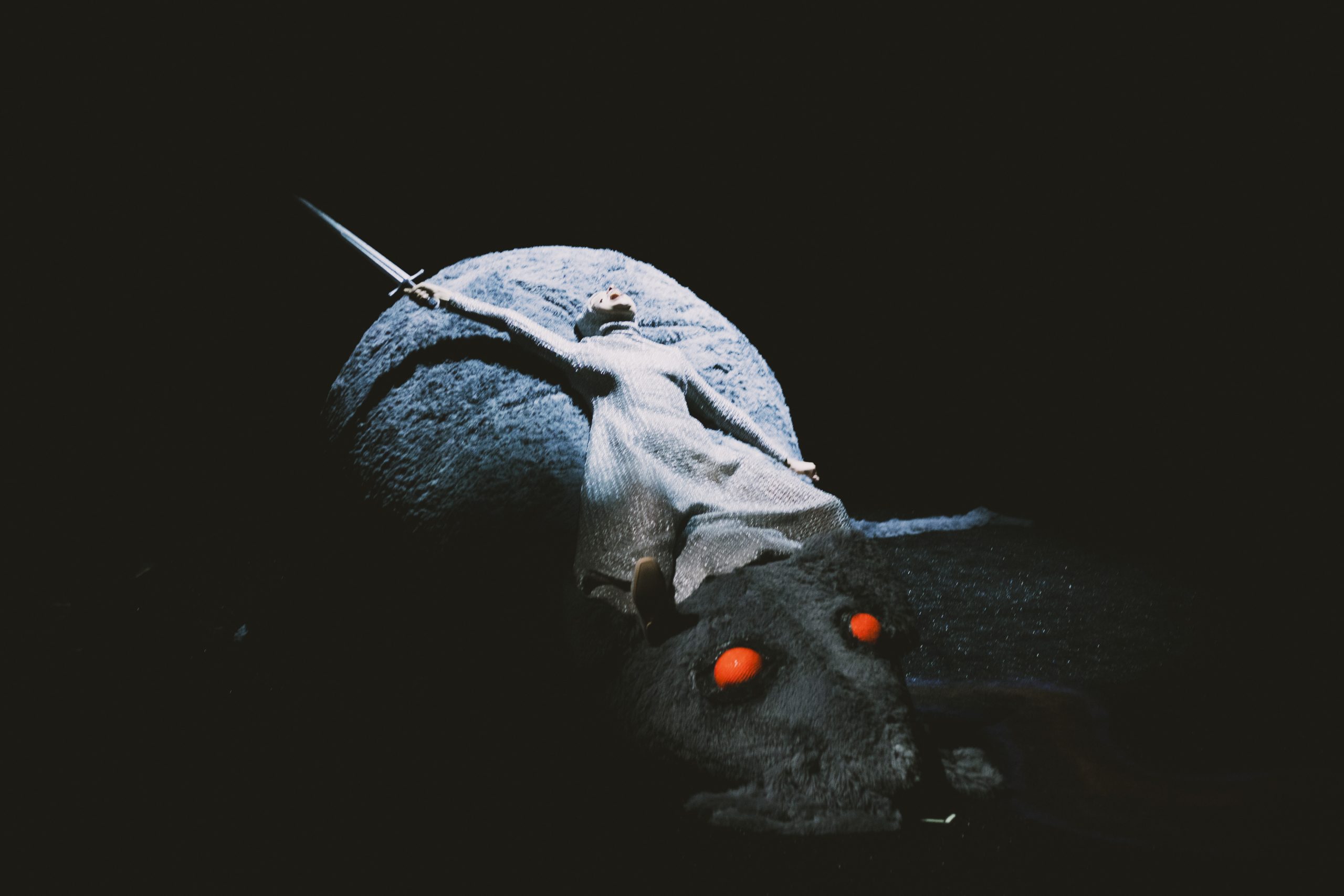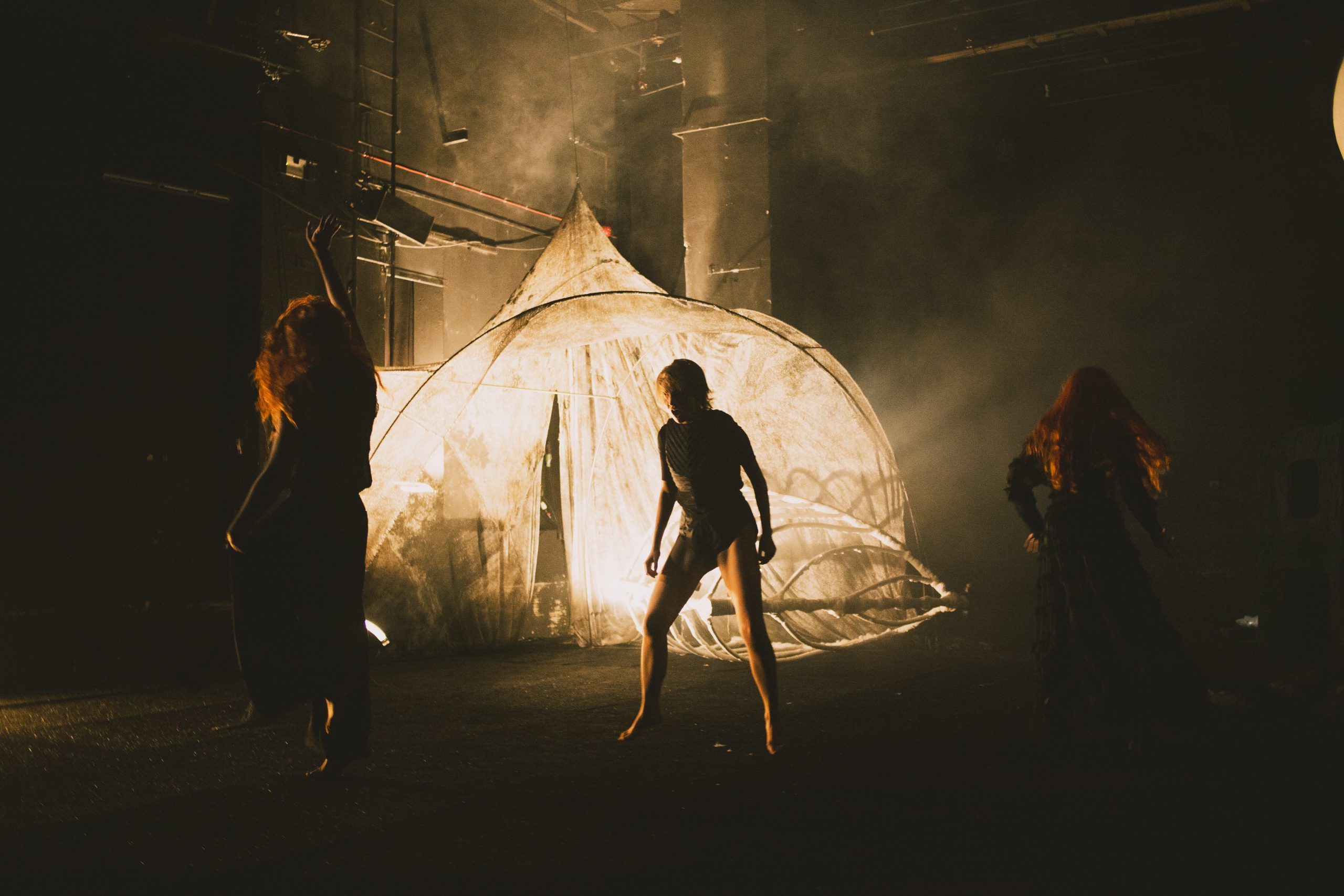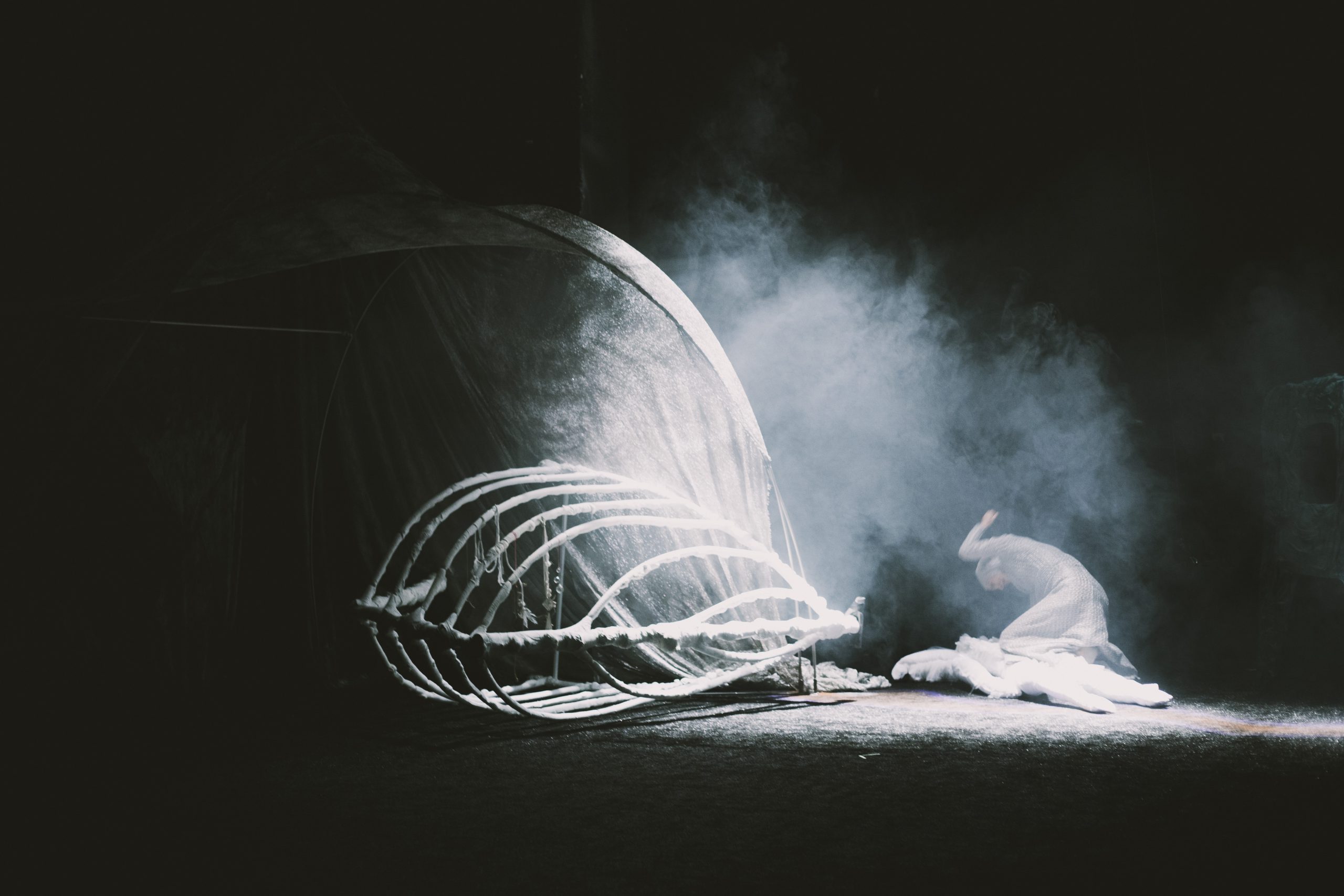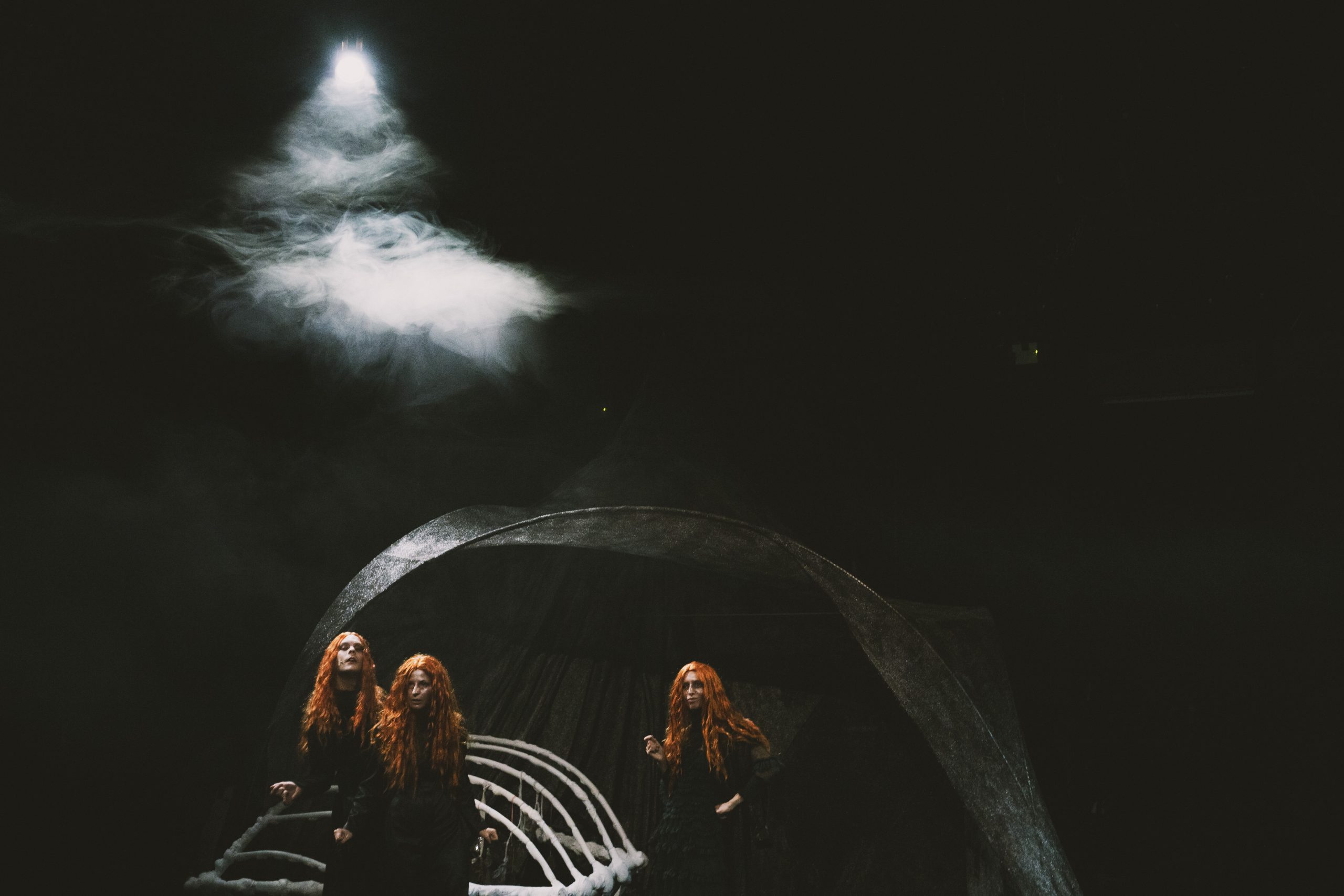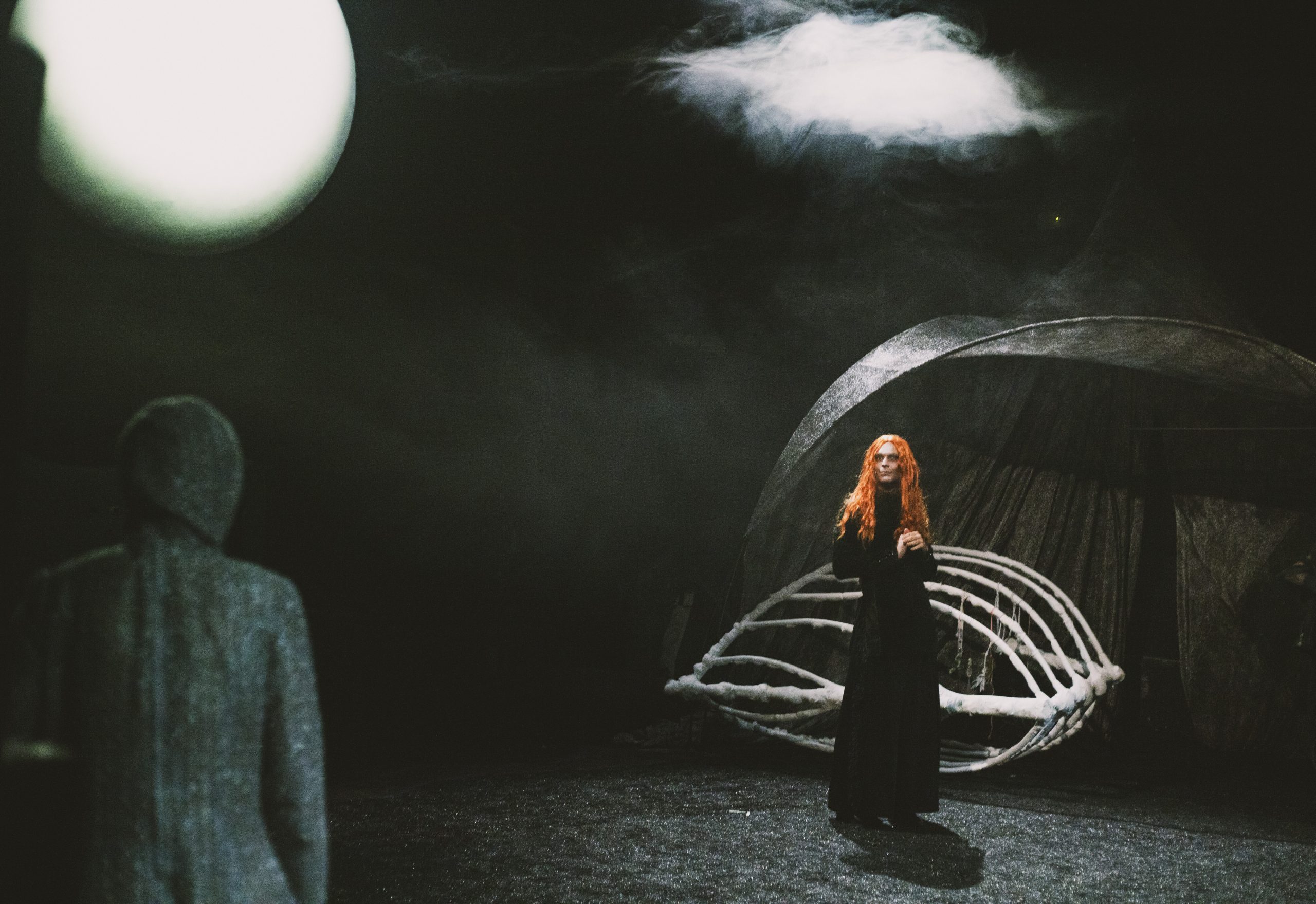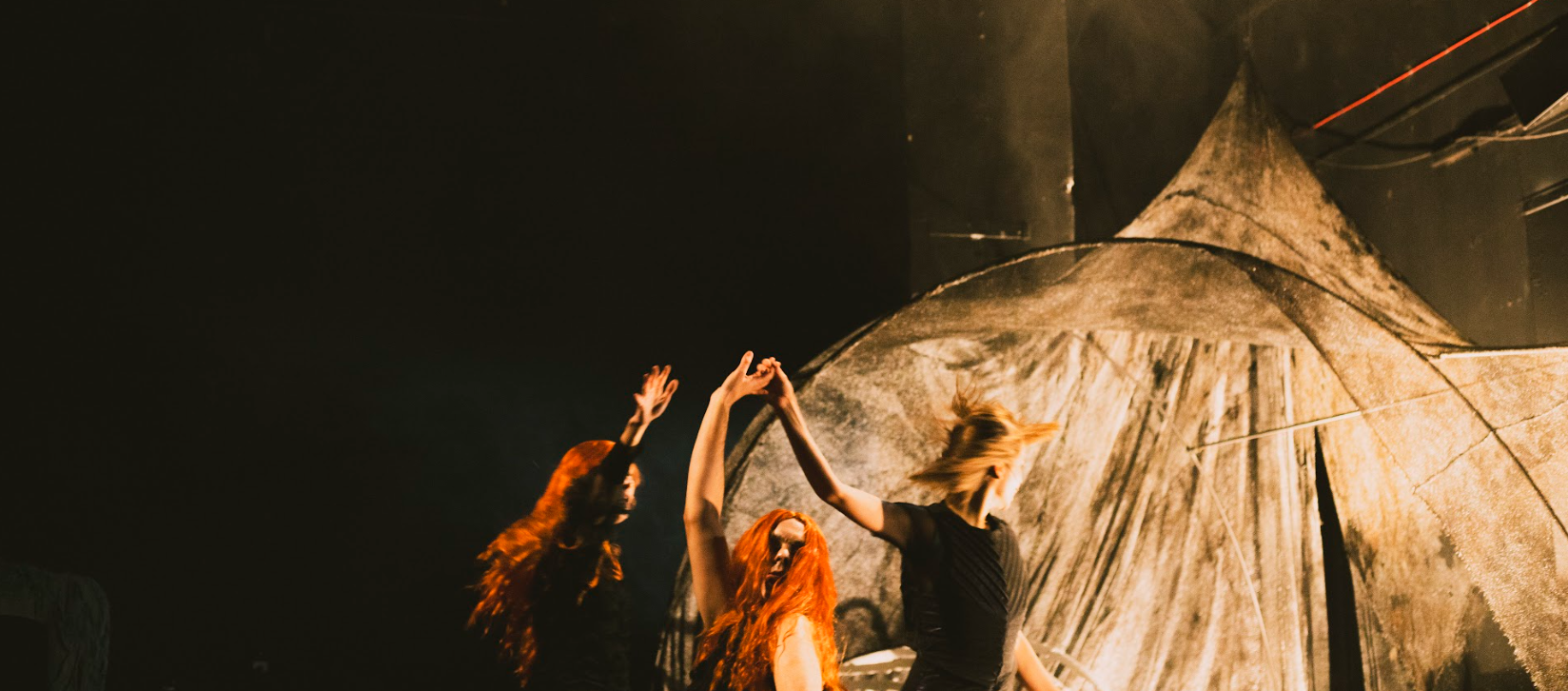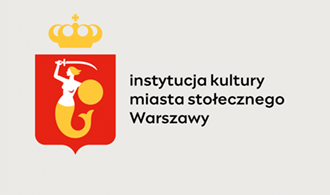-
Director
Emma Hütt
-
Premiere
20 October 2023
-
Duration
1,5 h
-
Bilety
Regular ticket: 70 PLN
Concessionary ticket: 50 PLN
The performance uses strobe lights and smoke.
The performance contains vulgarity, violence and scenes of a sexual nature.
The performance is intended for audiences aged 16 and over.
Obsada
About performance
Emma Hütt is a winner of the TR Debut Award and a student at the Institute of Applied Theatre Studies in Giessen. The young director from Berlin takes The Book of the City of Ladies by Christine de Pizan and creates her own myth, uncovering something that is only seemingly archaic: a medieval testimony to feminist self-will.
Christine de Pizan wrote The Book of the City of Ladies in 1405 and was the first to challenge with such power the image of the world constructed and dominated by men. She was the first to give women a herstory by deconstructing stereotypes about them and drawing on examples of historical figures. She called for the creation of a fictional, utopian city, building it with a language and tools to fight for women’s self-determination.
Federico Fellini was also interested in the image of a community created by women, who in his 1980 film “City of Women” presented it as part of a male-centric fantasy. The feminine eluded him exactly where he tried to approach it. Through a masculine, lust-filled gaze, Fellini distorted the image of the 1970s feminist movement and consciously distanced himself from the source material.
In the play, Emma Hütt and her ensemble bring the figure of de Pizan to life. She sits at home and imagines three goddesses showing her the way to a world that does not seek to destroy others. The authoress imagines building a stronghold where women shall be safe. Who can build such a place and for whom? How can we avoid the same trap as the patriarchy falls into? Should we wait for the next revolution? Should we seek pleasure in trying to survive? Should we retreat or should we fight? We wish to examine what else we want to and can tell.
Emma Hütt is radical in her analysis of the material based on fictional, philosophical, biographical, and historic tropes as she interweaves them with biblical and pop culture references.
photo: Wojciech Sobolewski
Creators
costumes: Mateusz Bidziński
video, lights: Tina Muffler
Reviews
-
A fresh, highly ironic, black-metal-esque, medieval but still contemporary story about
femininity, about states that the world drives women into: uncertainty, lack of self-
confidence, avoiding confrontation with reality. The director builds the world of the show
using risky devices rarely seen in Polish theatre, namely kitsch, grotesque and gore. She
achieves a fascinating effect, where the cast feels at home, successfully balancing between a
dream, a joke, a courtly madrigal and seemingly uncontrollable madness. -
In its “insanity,” or radicality, … “City of Women” seemed to me robustly consistent… There was something defiant about the performance. Something that seemed almost impertinent at first, turned out to be quite a successful provocation.
-
On the stage, Zuzanna Radek, Julia Wyszyńska, Izabella Dudziak and Mateusz Górski skilfully combine seriousness with lightness, and horror fantasy plus vampirism with a romantic ambience. With a pinch of salt, they serve to the audience some parody, quick-witted wordplay, seriousness and irony in dynamic dialogues and numerous monologues. In costumes designed by Mateusz Bidziński, they discover their unique style and fierce character.
-
The emancipative “Book of the City of the Ladies” from 1405, authored by philosopher and writer Christine de Pizan, Fellini’s satirical film from 1980, Shakespear’s “Macbeth”, fairytales, contemporary horror movies, including those about cannibals, and cringy YouTube videos – all these inspirations make up the performance by the winner of this year’s TR Debut Award … At times, the result is like a crazy, queer revue surpassing times and genres, and sometimes, like schoolbook humour. Still, the questions posed by the show’s creators are still relevant and up to date.
The project is cofounded by the Foundation for German-Polish Cooperation.
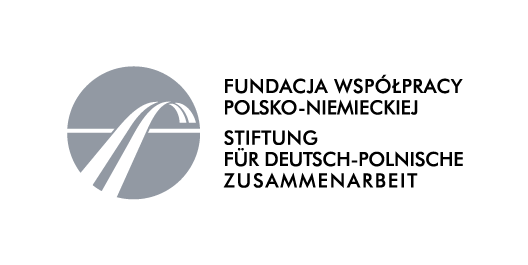
This work was produced with the financial assistance of the European Union. The views expressed herein can in no way be taken to reflect the official opinion of the European Union.



